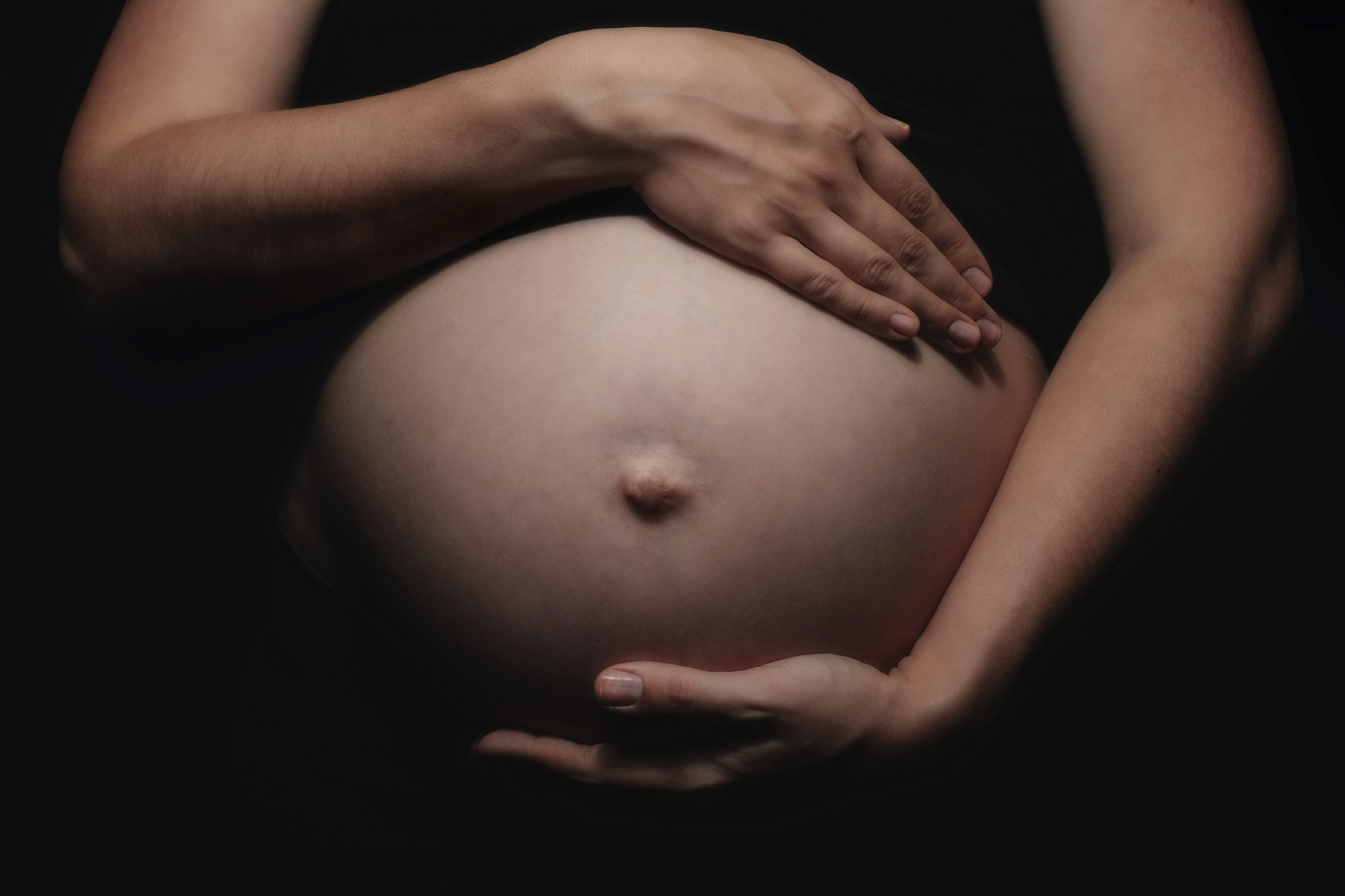In Romania, both MAP (medically assisted procreation) and surrogacy are practised “outside any legal framework”. A draft bill, which has been in the pipeline for several years” could reach fruition in the coming months”. In this context the Law Commission and the Health Commission of the Romanian Chamber of Deputies have heard Gregor Puppinck, Director of the European Centre for Law and Justice (ECLJ), speak on the topic of “surrogacy”. If MPs responsible for this agenda “seem convinced of the need for legislation”, they should “choose between the option of legalising or banning this practice”.
Gregor Puppinck commented to MPs that the “current trend was in favour of limiting or even totally prohibiting surrogacy”, especially at European level (seeThe Council of Europe rejects the report on “ethical” surrogacy, The European Parliament condemns surrogacy). Other countries “producing children through surrogacy” have also recently taken measures to limit or ban surrogacy, “at least to foreigners” (seeLegislation limits the surrogacy business).
When interviewed on the principles that distinguish the two options, namely legalisation or prohibition, Gregor Puppinck “indicated that prohibition was based on the principle of human dignity and, above all, on the principle of non-availability of the human body. (…) A human being should never be used as a means but always as a purpose”. Conversely, “the legalisation of surrogacy is based on the idea that “parenthood” is a form of entitlement as soon as methodology and law make it possible to have a child”. However, the “promotion of adoption is the best response to a legitimate desire for children. It is the most generous response and the solution mostly respected by everyone”.
Last but not least, he warned against the legalisation of “non-commercial surrogacy”, which remains a “pipedream”. It involves accepting the principle of surrogacy but does not remove “the intrinsic problems and consequences of this practice”.
The option of banning surrogacy altogether “is imposed out of respect for human dignity, and the rights of women and children”, “even if it may be emotionally difficult at times to refuse a sterile couple access to surrogacy. (…) The consistent aim to ‘have’ a child, however genuine that may be, does not warrant such methods,” he concluded.
ECLJ (23/03/2016)

